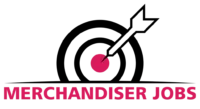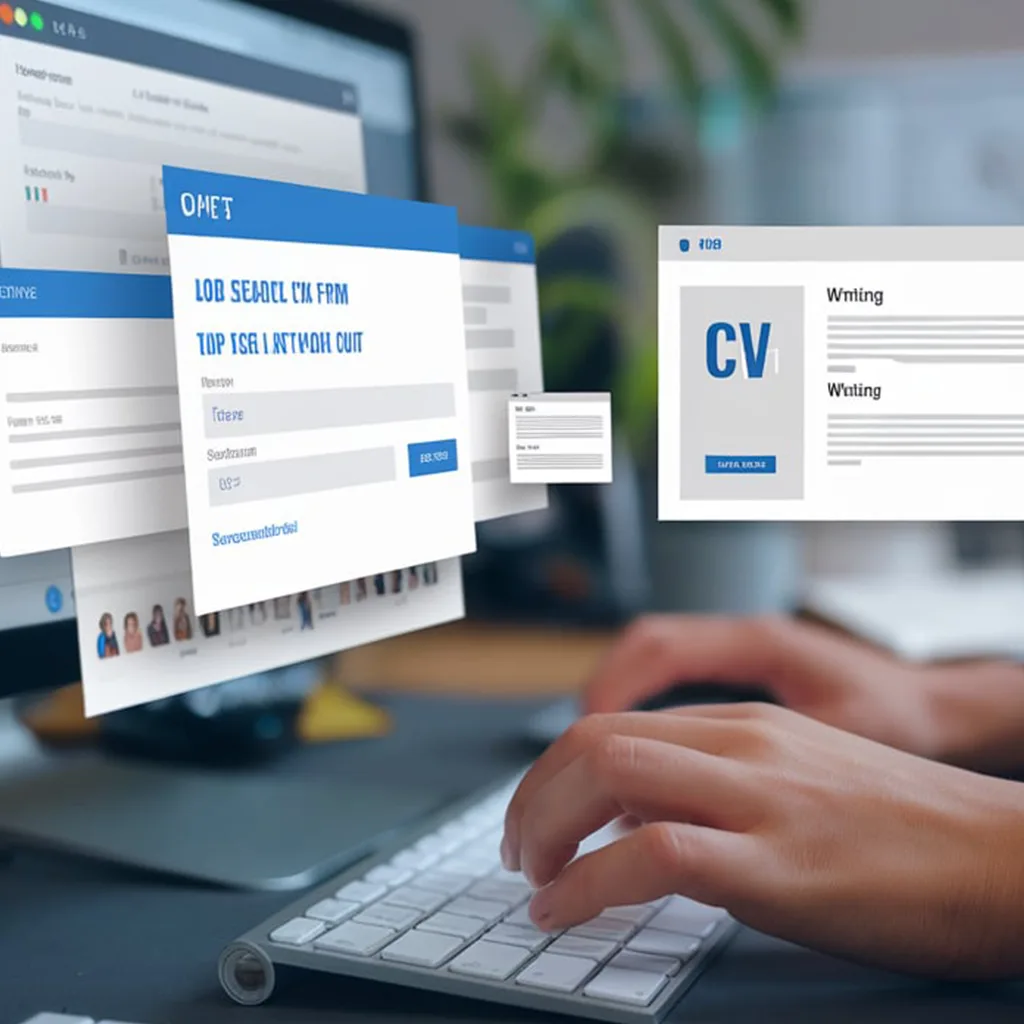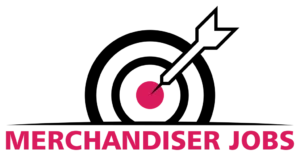Tips for Writing a Good Cover Letter: A Comprehensive Guide
Writing a good cover letter is essential in making a positive first impression on potential employers. A well-crafted cover letter not only complements your CV but also highlights your personality and enthusiasm for the role.
This guide provides valuable tips for writing a good cover letter, including structure, content, and customization for specific job applications. Whether you are a recent graduate or a seasoned professional, these tips will help you create a cover letter that stands out.
Understanding the Importance of a Good Cover Letter
Why a Good Cover Letter Matters
A good cover letter serves multiple purposes:
- First Impressions: It is often the first document an employer reviews, making it your initial opportunity to impress.
- Personal Connection: Allows you to address the employer directly and explain why you are a perfect fit for the job.
- Highlighting Skills and Experience: Emphasizes your most relevant qualifications and achievements.
- Demonstrating Enthusiasm: Shows your interest and enthusiasm for the role and the company.
Key Elements of a Good Cover Letter
A good cover letter typically includes the following sections:
- Header: Your contact information and the employer’s details.
- Greeting: A personalized salutation.
- Introduction: A compelling opening statement.
- Body: Detailed paragraphs highlighting your skills, experience, and fit for the role.
- Conclusion: A strong closing statement and call to action.
- Signature: Your name and contact information.
Tips for Writing a Good Cover Letter
Structuring Your Cover Letter
Header
Your header should include your name, address, phone number, and email address. Below your contact information, include the date and the employer’s contact details (name, title, company, and address).
Greeting
Use a personalized salutation, such as “Dear [Hiring Manager’s Name],” rather than a generic greeting like “To Whom It May Concern.” If you don’t know the hiring manager’s name, try to find it through research or use a general greeting like “Dear Hiring Committee.”
Crafting a Compelling Introduction
Grab Attention
Start with a strong opening statement that grabs the reader’s attention. Mention the position you are applying for and briefly state why you are excited about the opportunity.
Example of an Introduction
“I am excited to apply for the Marketing Manager position at XYZ Company. With over five years of experience in digital marketing and a proven track record of driving engagement and growth, I am confident that my skills and passion align perfectly with the goals of your team.”
Highlighting Your Skills and Experience
Align with Job Requirements
Carefully read the job description and identify key skills and qualifications the employer is seeking. In your cover letter, highlight how your skills and experience align with these requirements.
Use Specific Examples
Provide specific examples of your accomplishments and experiences that demonstrate your suitability for the role. Quantify your achievements with metrics whenever possible.
Example of Highlighting Experience
“In my previous role as a Digital Marketing Specialist at ABC Company, I successfully increased website traffic by 35% through targeted social media campaigns and SEO strategies. My ability to analyze data and optimize content led to a 20% increase in conversion rates over six months.”
Demonstrating Enthusiasm and Fit
Research the Company
Show that you have done your homework by mentioning something specific about the company. This could be a recent achievement, a project that impressed you, or the company’s values and culture.
Explain Why You Are a Good Fit
Clearly explain why you are interested in the position and how your background makes you a good fit for the company. Mention how you can contribute to their success.
Example of Demonstrating Fit
“I am particularly drawn to XYZ Company’s innovative approach to marketing and its commitment to sustainability. My background in eco-friendly marketing campaigns aligns with your company’s mission, and I am eager to bring my expertise in green marketing strategies to your team.”
Writing a Strong Conclusion
Summarize Your Interest
Summarize your interest in the role and reiterate why you are a strong candidate. Express your enthusiasm for the opportunity to discuss your application further.
Call to Action
End with a call to action, such as requesting an interview or stating that you will follow up. Thank the reader for their time and consideration.
Example of a Conclusion
“I am excited about the opportunity to contribute to XYZ Company’s continued success. I look forward to the possibility of discussing how my skills and experiences align with your needs. Thank you for considering my application. I will follow up next week to discuss my application further.”
Signature
Close your cover letter with a professional sign-off, such as “Sincerely” or “Best regards,” followed by your name and contact information.
Tips for Enhancing Your Cover Letter
Proofreading and Editing
Proofreading your cover letter is essential to eliminate any spelling or grammatical errors. Consider using tools like Grammarly or having a friend review your cover letter for mistakes you might have missed.
Keeping It Concise
While it is important to provide detailed information, keep your cover letter concise and to the point. Aim for a length of one page, and focus on the most relevant details.
Using a Professional Tone
Maintain a professional tone throughout your cover letter. Avoid using slang or overly casual language. Be polite, respectful, and positive.
Tailoring for Each Application
Tailor your cover letter for each job application. Customize the content to match the job requirements and the company culture. This shows that you are genuinely interested in the position and have put effort into your application.
Frequently Asked Questions About Writing a Good Cover Letter
How long should my cover letter be?
Your cover letter should be one page long. Aim for a length of 300-400 words, focusing on concise and relevant information.
Should I include my salary expectations in my cover letter?
It is generally not recommended to include salary expectations in your cover letter unless the job posting specifically requests it. If required, provide a range based on your research of industry standards
Can I use the same cover letter for multiple job applications?
While you can use a template for your cover letter, it is important to tailor it for each job application. Customize the content to match the job requirements and the company culture.
How do I address employment gaps in my cover letter?
Be honest about any employment gaps and briefly explain them in your cover letter. Focus on any skills or experiences you gained during that time, such as further education, freelance work, or volunteer activities.
How soon should I follow up after sending my cover letter?
Wait about one to two weeks after sending your cover letter before following up. A polite email or phone call expressing your continued interest in the position is appropriate.
Writing a standout cover letter is essential for advancing your career. By following these tips for writing a good cover letter, you can craft a document that effectively showcases your skills and experience, aligns with job requirements, and captures the attention of potential employers. Use this guide to refine your cover letter and increase your chances of landing your desired job.





